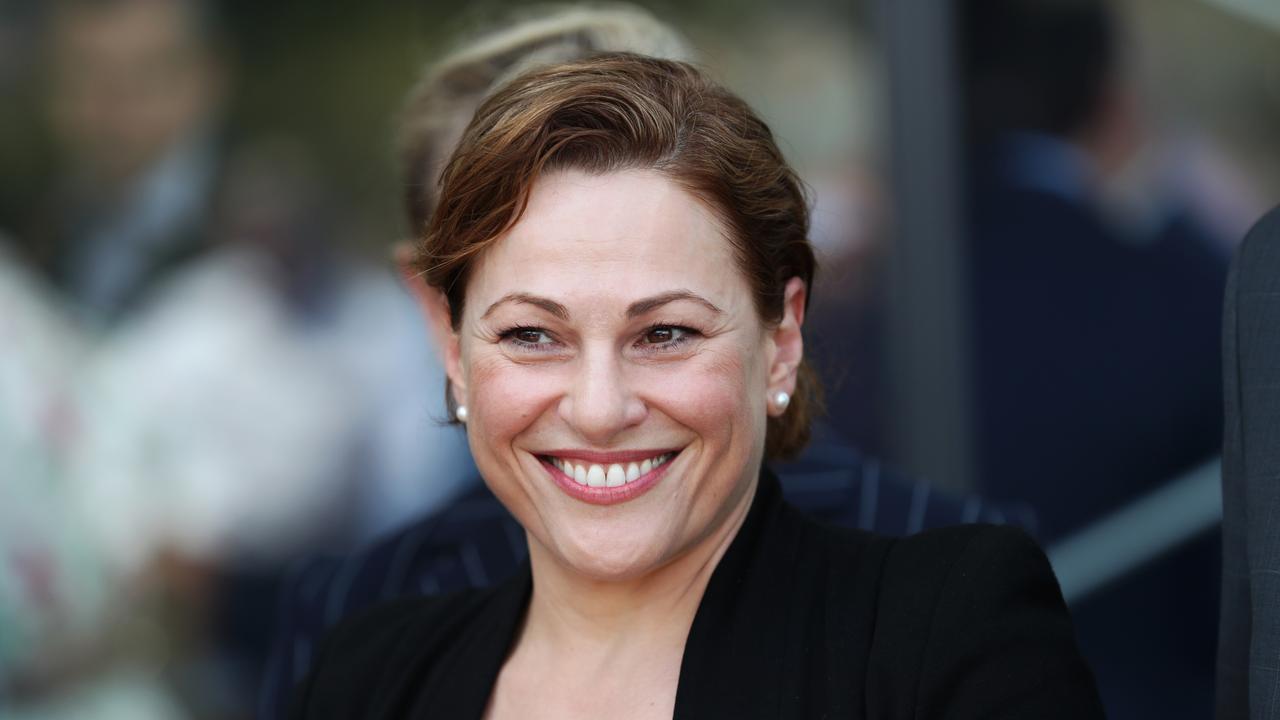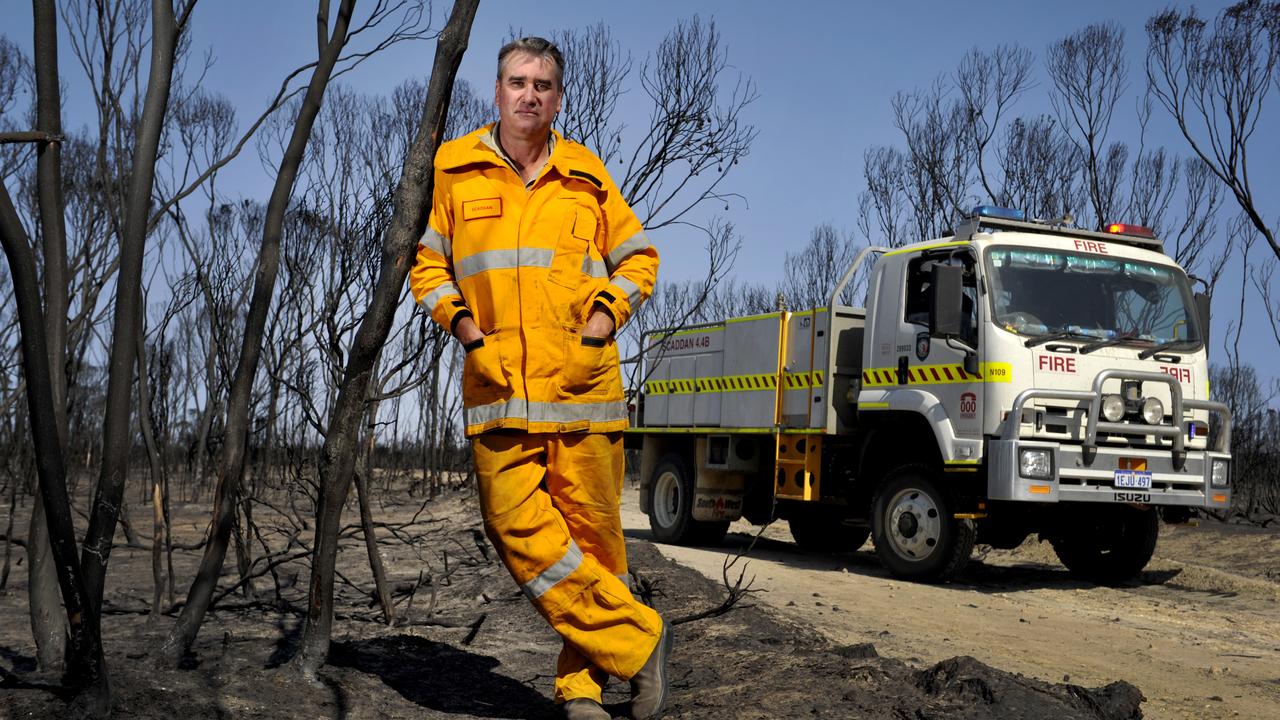Councils and ministers plan for a bigger Victoria
Victoria’s population boom will be a focus this year with councils looking closely at the future of planning and legislative reforms.

It’s been a rocky start with the scandal-caused fall of former Melbourne lord mayor Robert Doyle but 2018 is bringing an overhaul of Victoria’s local-government legislation and a state election.
The November 24 election has already brought out representatives of mayors and councillors, businesses and developers to put local-government policy wish lists.
While the headlines have focused on Mr Doyle’s resignation over misconduct allegations, which he strenuously denies, and a backlash against some inner-city councils for dumping Australia Day, the councils want to know what will happen with planning, the population boom and their new “constitution”.
Victoria’s Local Government Minister Marlene Kairouz, a former mayor of Darebin Council in Melbourne’s inner north, said the Labor Government had been “driving serious reform and getting it done’’, although the Coalition said there was unease about change among councils.
Ms Kairouz told The Australian this week “I served as a mayor for two terms before entering parliament so I understand the pressures councils face”.
Victoria’s population boom will be a focus for Ms Kairouz and Labor with councils and businesses wanting more detail on infrastructure upgrades and the current term’s reforms in planning laws.
“We’re doing much more for local councils to fund new infrastructure than the previous government and we’ll continue to do so should we be re-elected in November,” she said.
“We’re also making sure our regional and rural towns aren’t left behind. We’re funding things that keep communities together — good schools, transport and local facilities like new and refurbished libraries.
“Melbourne’s population growth is a reality that we’re planning for across all of government.”
Ms Kairouz’s biggest portfolio task in the coming months will be finalising the Local Government Act of 2018 to go to parliament, which is the biggest restructure of the laws governing councils and councillors in nearly 30 years.
“This might sound like dry stuff, but what we’re doing is rewriting a set of old laws, that have been amended literally hundreds of times, and bringing them into this century,” she said.
She also faces an ongoing rebellion from mayors and councillors over the government’s introduction of annual caps on council-rate rises, using recommendations of the state’s Essential Services Commission. They argue the caps, similar to the rate pegs in NSW, limit their ability to fund demands for council services.
Ms Kairouz said she would not back down on the caps. “For too long, ratepayers were subjected to unfair hikes,” she said. “Now councils can’t get away with slugging us each year with double-digit rate increases.”
Councils may have to grin and bear them because the Victorian Coalition is not intending to end the pegging if it is elected.
“There is no proposal at this point to change the decision on council rates,” opposition local government spokesman David Morris told The Australian.
“It’s a crude measure … but it was previously hard to see what some councils were spending money on and these caps have made them more accountable, which is a good thing.”
But Mr Morris said he was concerned by changes in state planning laws which left councils with less power to make decisions.
“The amendments to general zoning recently have, I think, lessened councils’ capacity to manage planning applications,” he said.
“Because of these changes to zoning, councils can’t pull the same levers as the state government to deal with population changes.”
The shadow minister supported broadly his opponent for her handling of the overhaul of the Local Government Act but said some councils felt uneasy about possible changes. “This is essentially a new constitution for local governments in Victoria and I’m not sure that it’s been promoted very well,” Mr Morris said.
“It has the potential to create uncertainty because a lack of structure and the references to ‘guidance by the minister’ … that’s basically quasi-regulation that cannot be challenged by parliament,” he said.
But after the Melbourne City Council scandal, Mr Morris said the new act needed to enable a better way to handle “bad behaviour”.
“Corruption is reasonably well-covered but we need to look at how better to handle the bad behaviour that has gone on recently, the [alleged] bullying for example,” he said. “We need to ensure there’s a mature relationship between state and local government too … there’s a lot of finger-pointing at the moment.”
The Victorian Greens play a big role in local politics, especially in the powerful inner-city councils, and they will be looking to make their mark in May’s special lord mayoral election, where they are running a councillor, Rohan Leppert, against on-leave Property Council state chief Sally Capp.
Greens parliamentary local-government spokeswoman Samantha Dunn said the party wanted strong conduct measures for councillors in the proposed new Act as well to avoid the sort of behaviour alleged regarding the MCC.
“Misconduct definitions must make explicit mention of sexual harassment and dispute-resolution processes must involve disinterested parties and absolute clarity for complainants,” she said.
Ms Dunn also took aim at the government’s backing of a new Apple store to be built on Federation Square despite the MCC opposing the present plan.
“The Andrews [Labor] Government rammed through planning changes and failed to bring the MCC or general public along with a major alteration to Melbourne’s premier public space,” she said.
“This is a high-profile example of the type of behaviour. We don’t want to see it repeated in local council areas throughout Victoria.”
The Property Council wants local councils to do more to help ease the negative effects of population growth as the state’s capital zooms towards potentially becoming the nation’s most populous in the next 30 years.
“Shortening local council and utility-company planning delays will also help renters and owners save money and find homes sooner,” acting Property Council state chief Mike Zorbas said.
“Melbourne needs better resources for local council planning, code assessment for complying permits of low complexity and a rewards and penalties system so that government agencies, such as VicRoads, and water and electricity providers are further encouraged to help in the timely delivery of new homes,” he said.
The Municipal Association of Victoria’s president Mary Lalios, whose organisation represents councils under legislation, is also focusing on population growth and a better redistribution of funds to councils that need them.
“A population strategy is needed to better manage growth and opportunities, and particularly to improve long-term outcomes for our regions,” Ms Lalios said.
“This includes local services and timely infrastructure investment for growth areas, social and affordable housing options for the vulnerable, an integrated transport strategy and a safe, reliable road network.”
Ms Lalios also wants a review of the council rates capping, which she said disadvantaged rural and regional councils.
“State landfill levies have also been sitting unspent for too long in the Sustainability Fund. There is now an urgent need to reinvest in local waste management and innovative resource-recovery projects to ensure a sustainable future for our recycling industry,” she said.
“Where reforms have been pursued without consultation, the state has faced significant resistance due to unintended consequences and unworkable proposals.”




To join the conversation, please log in. Don't have an account? Register
Join the conversation, you are commenting as Logout